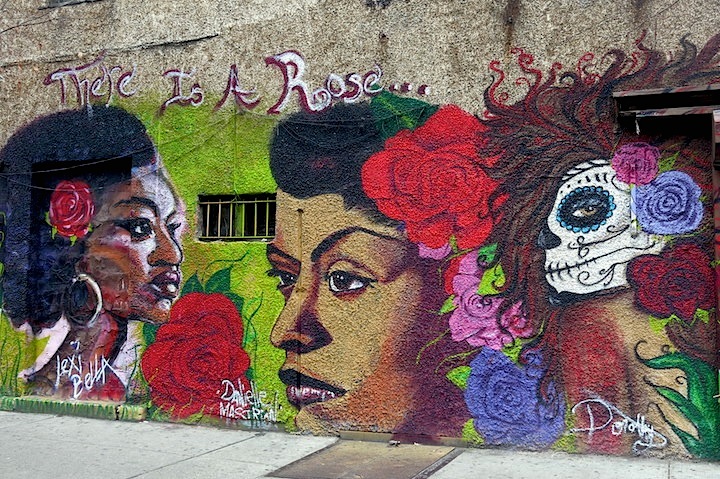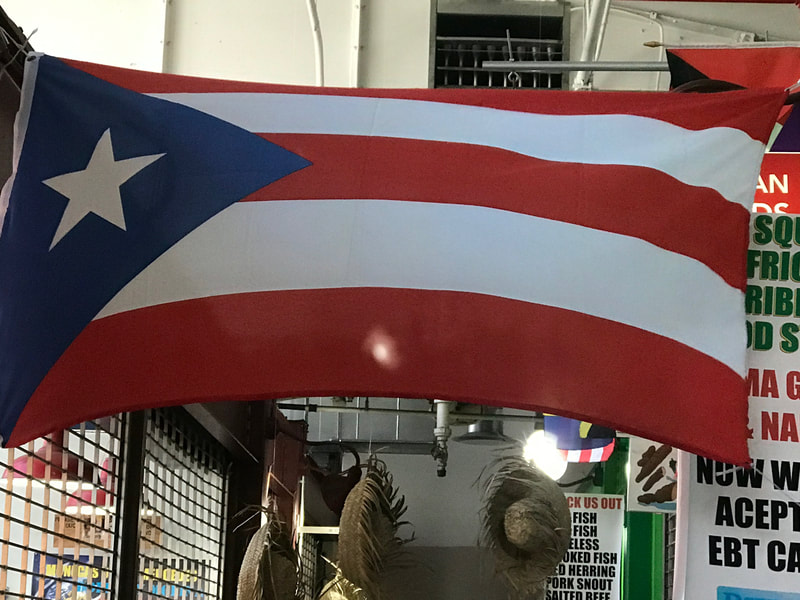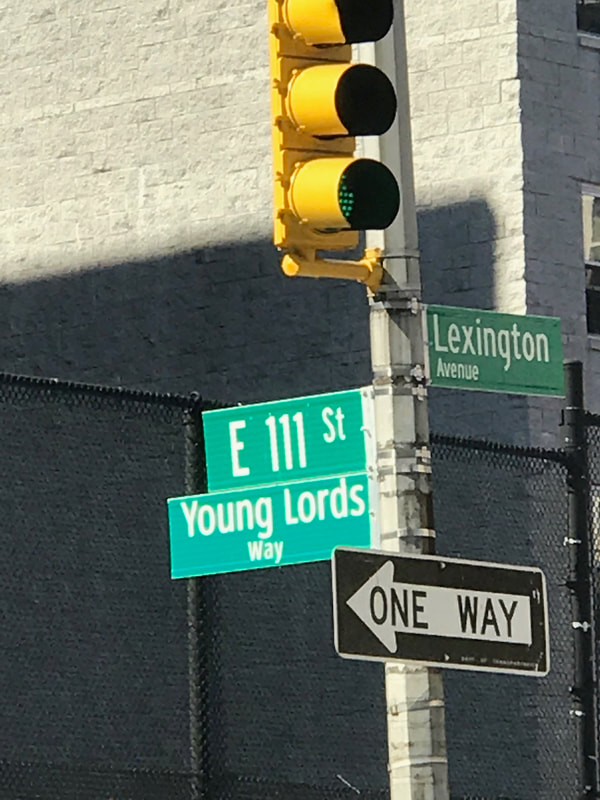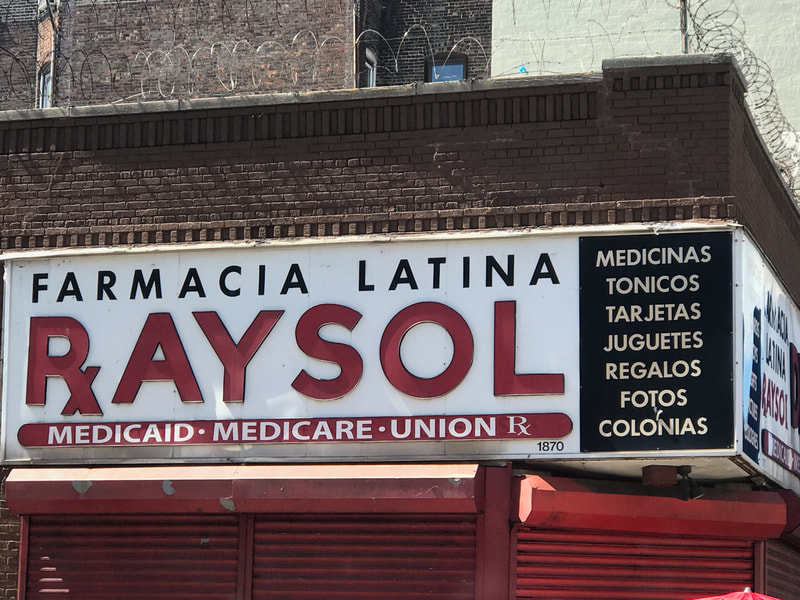 The outdoor market under the railroad tracks was an integral part of my life and the life of the residents. Credit...Dith Pran/The New York Times, 1986 The outdoor market under the railroad tracks was an integral part of my life and the life of the residents. Credit...Dith Pran/The New York Times, 1986 I grew up in El Barrio, NYC. Spanish Harlem is what you might see on a map, but the residents referred to our hood as El Barrio. I attended a predominantly Latinx and Black school from my Head Start program to the Catholic school where I entered at Kindergarten and graduated in eighth grade. My future possible self as a Latina was nurtured at home and school. Though I didn't understand the impact of my micro and macro environments, I clearly benefited from my surroundings. I lived in a strong Latinx household where familia, culture, history, music, community, and language where overtly, and sometimes, covertly expressed, and I attended a school community whereby my neighbors, the church, clubs, store owners, and peers I socialized with were of Latinx or Black racial and cultural heritage. All around me, adults communicated goals of family commitment. and academic success. My educational foundation, while culturally affirming, did not adequately prepare me for high school's academic rigor. My older siblings, however, served as role models to continue with my future possible self as they overtly communicated the importance of completing high school, beginning and completing college, and having aspirations for their future career goals. I realized that this snapshot of my personal story was reflected in my research on Latinx youth’s racial-ethnic identity development and academic success. I discovered that there are key components to my experience that are echoed in the literature. The formation of racial-ethnic identity for children and youth of color matter, particularly in the context of home and school. Young children’s racial-ethnic identity, “has implications for their relationships with in-group and out-group members and is associated with their level of perceived competency and self-acceptance,” (Corenblum & Amstrong, 2012, .p. 133). Increases in cognitive development is associated with increases in racial-ethnic identity (REI) and REI is linked to self-esteem and attitudes towards the in-group. Adolescents consider the idea of doing well in school a central component to their potential and perceived options for the future. The possible future selves of youth are developed based on personal ideals and social influences such as the family, school, peers, and the media. Youth who connect their academic identity to other important social identities, such as their racial-ethnic identity or social class, are able to work through academic challenges to attain academic goals. Likewise, when educational aspirations are synonymous with family values, youth are able to envision academic achievements and success as part of their academic possible selves. To read the findings from my dissertation click here.
1 Comment
|
Dr. Sandra ChapmanLatina, Lesbian, Educator, Mommy of two. Committed to enriching her life with a diverse village of people who will share their stories. Archives
June 2020
Categories
All
|








 RSS Feed
RSS Feed
